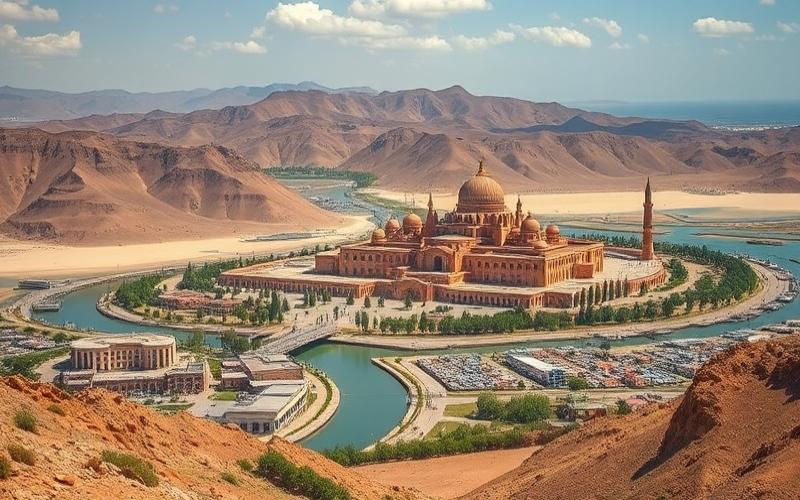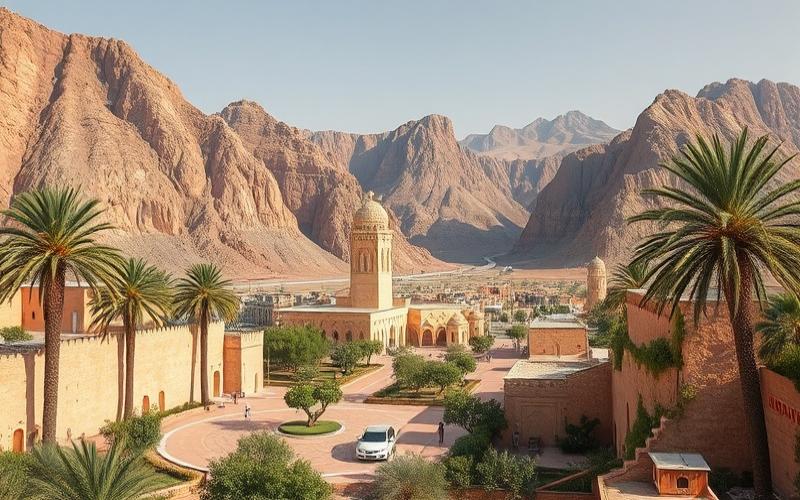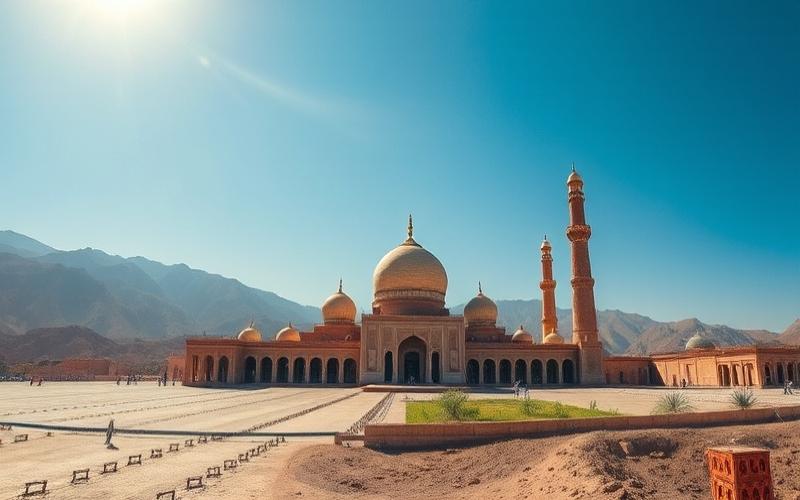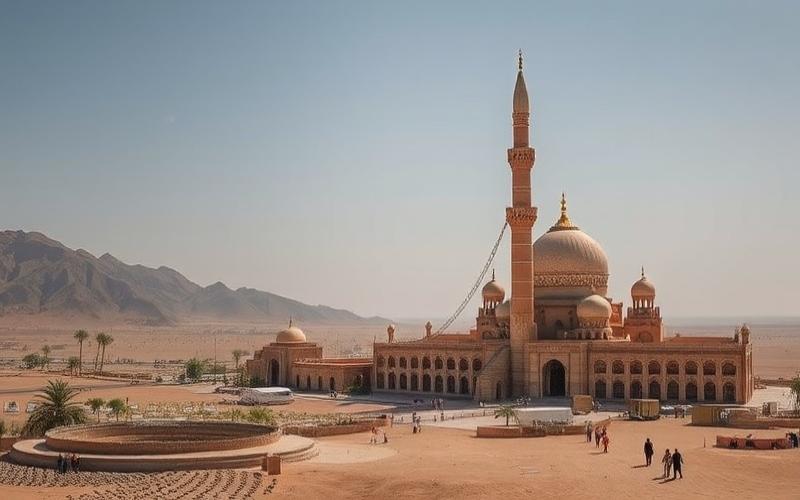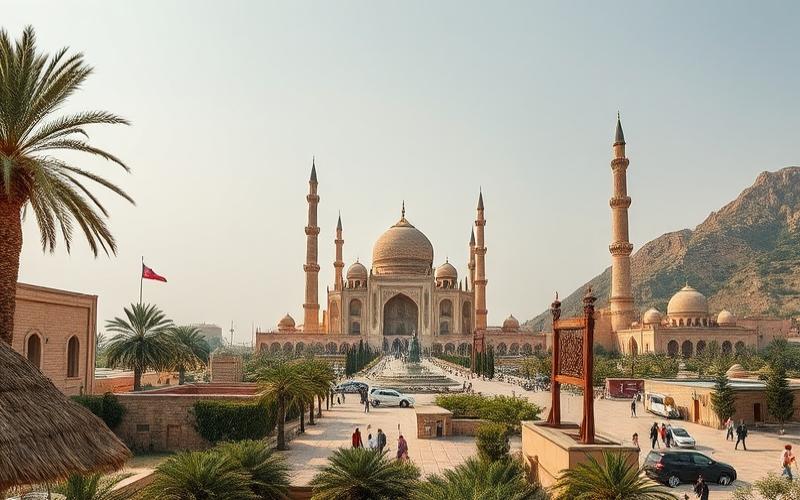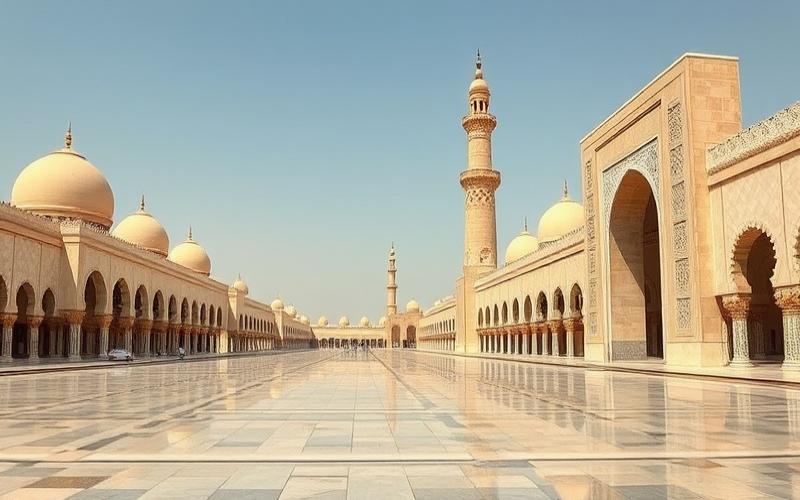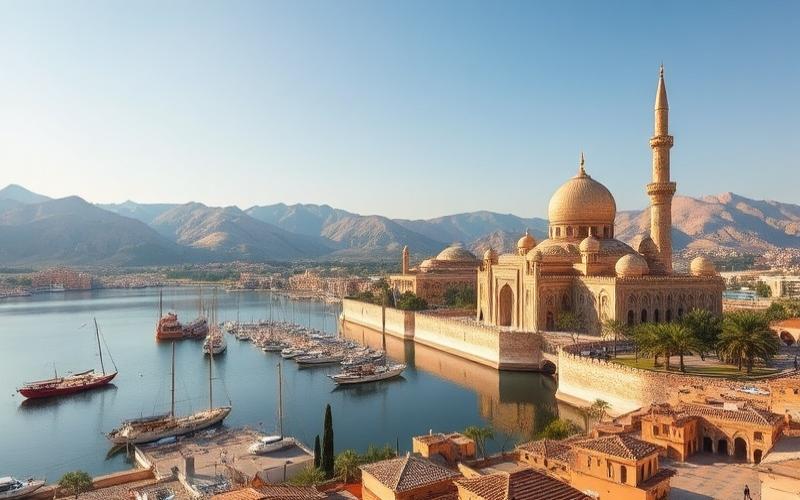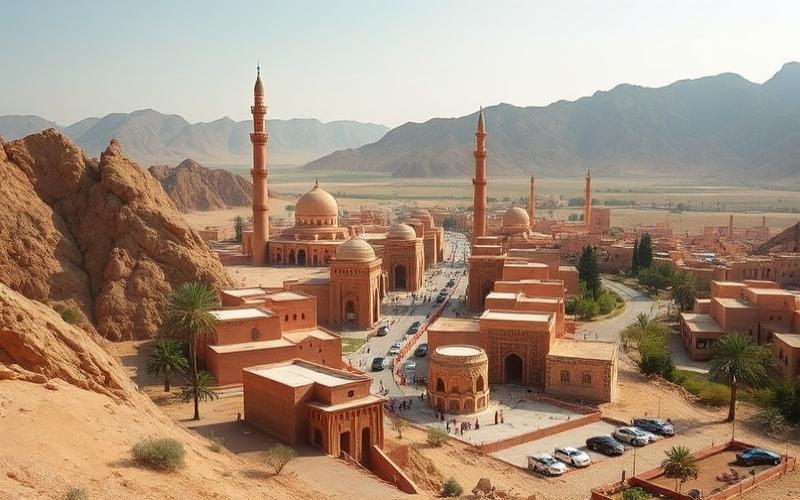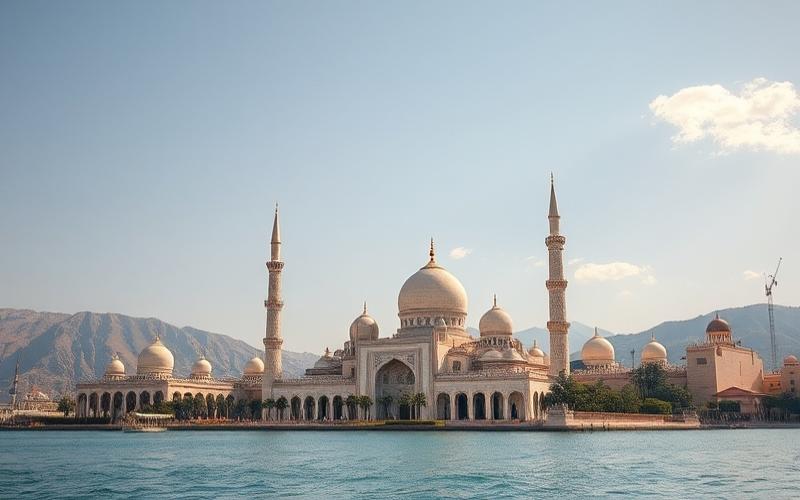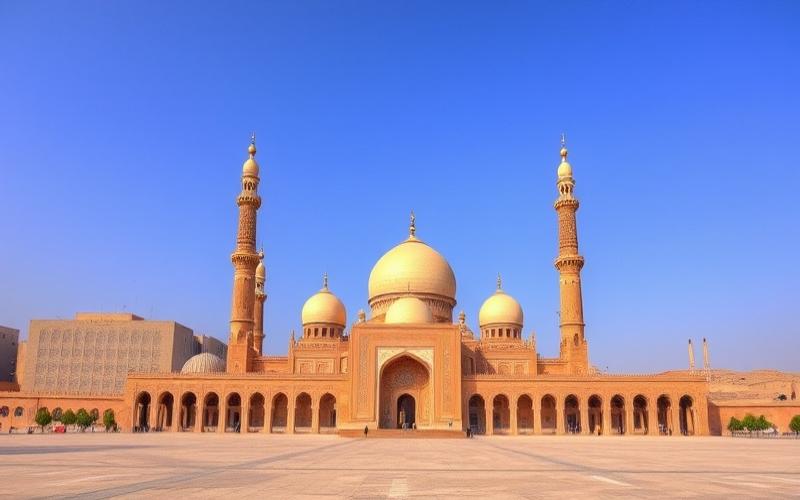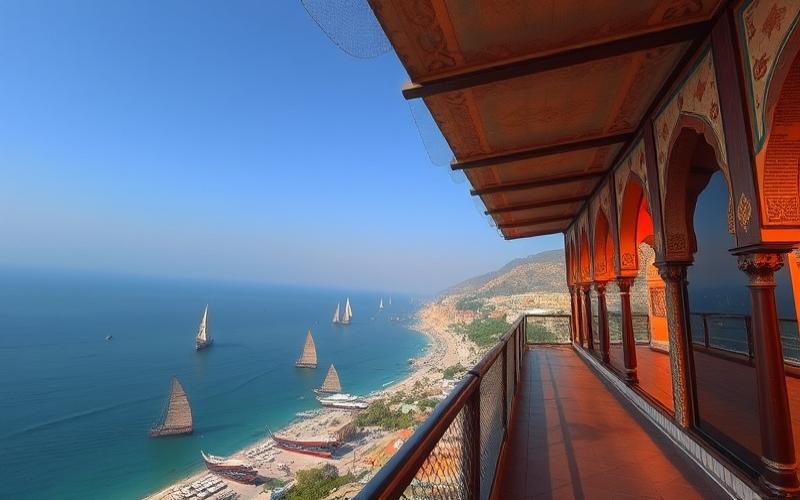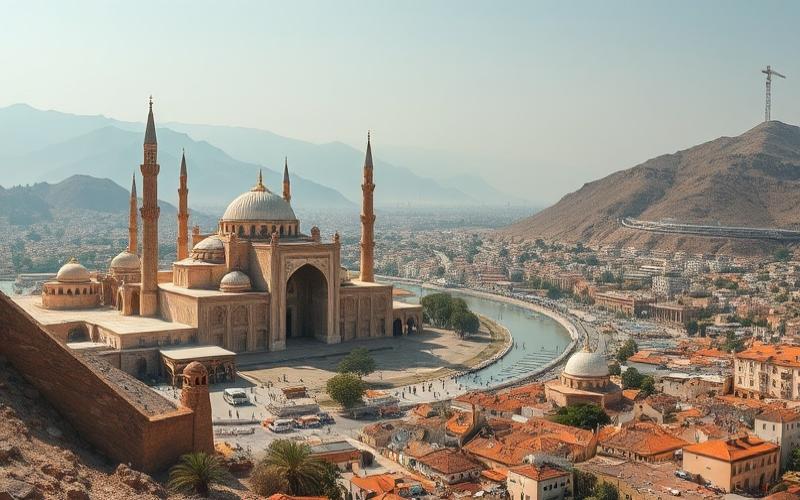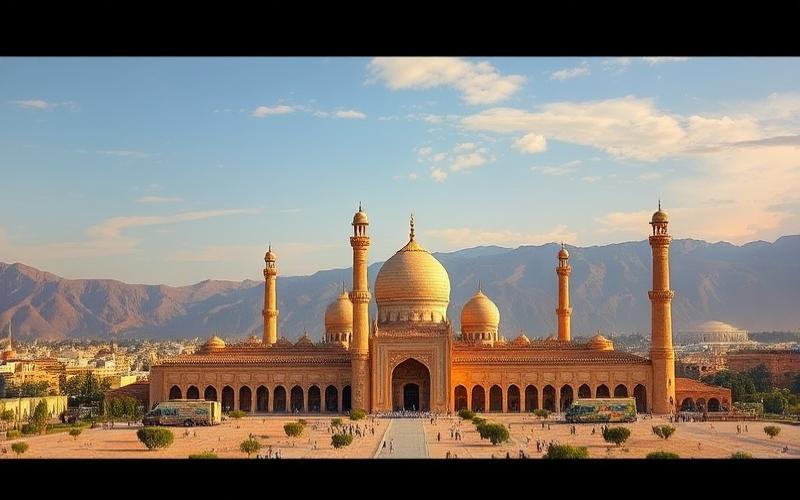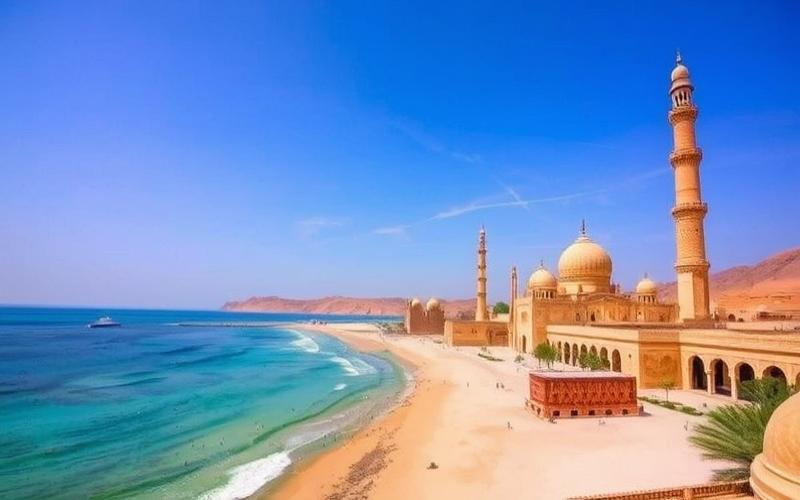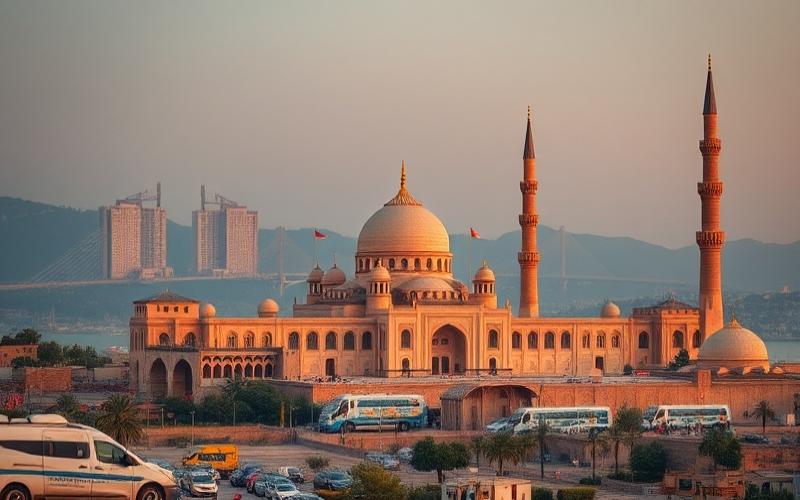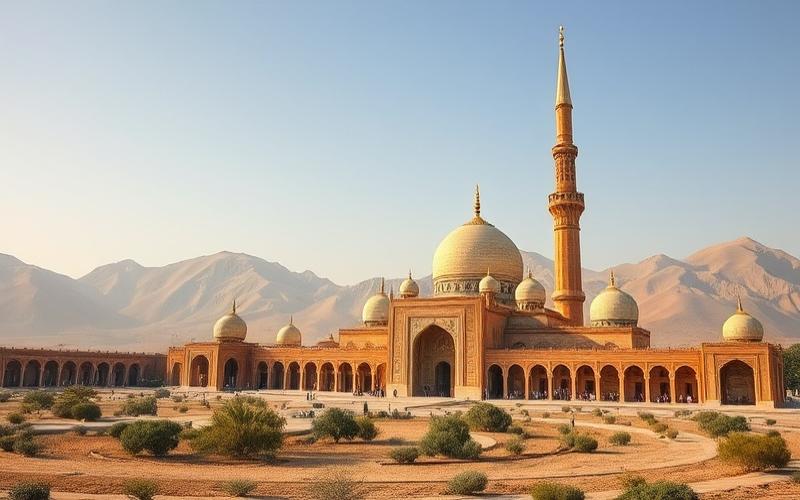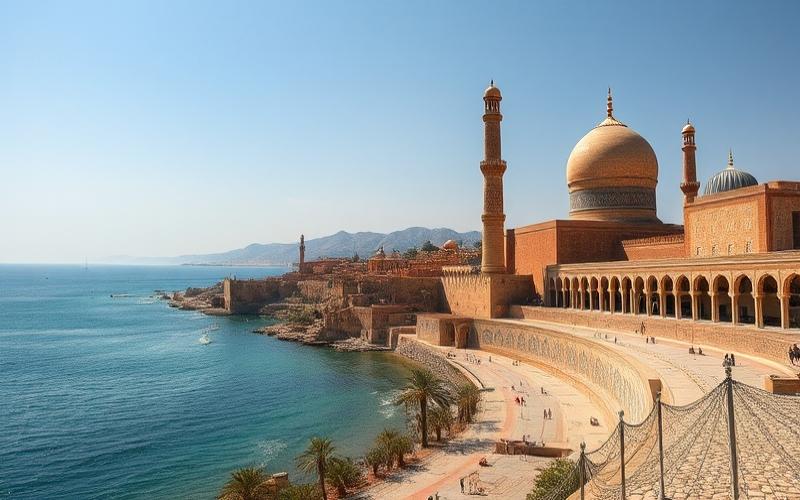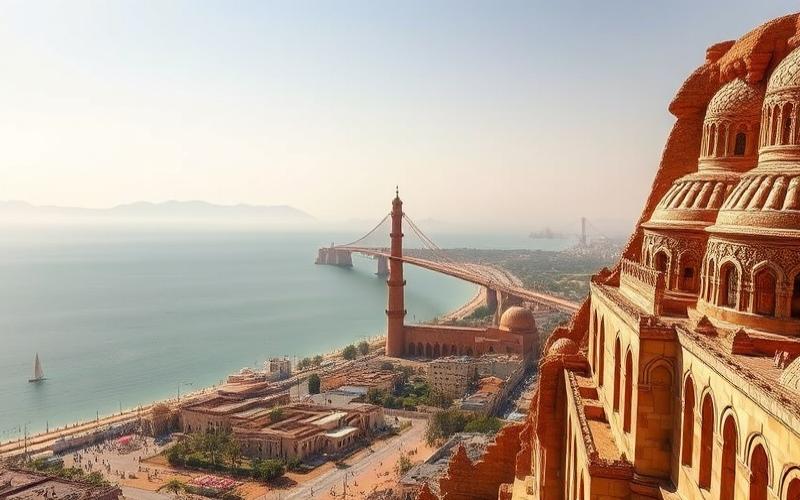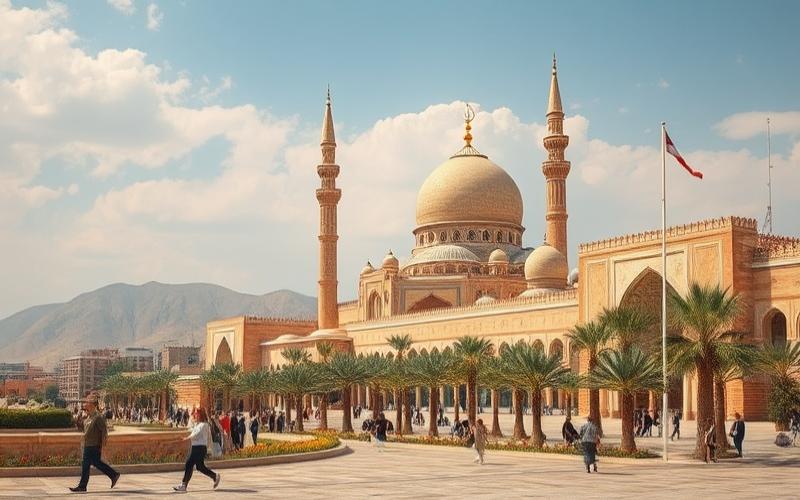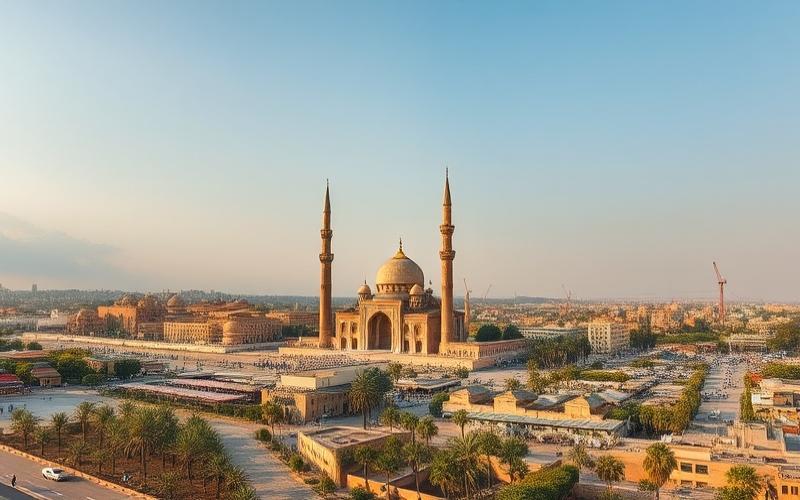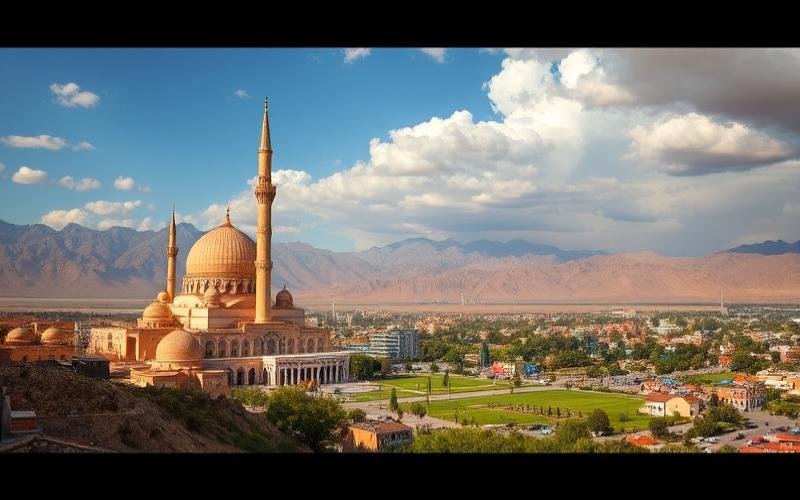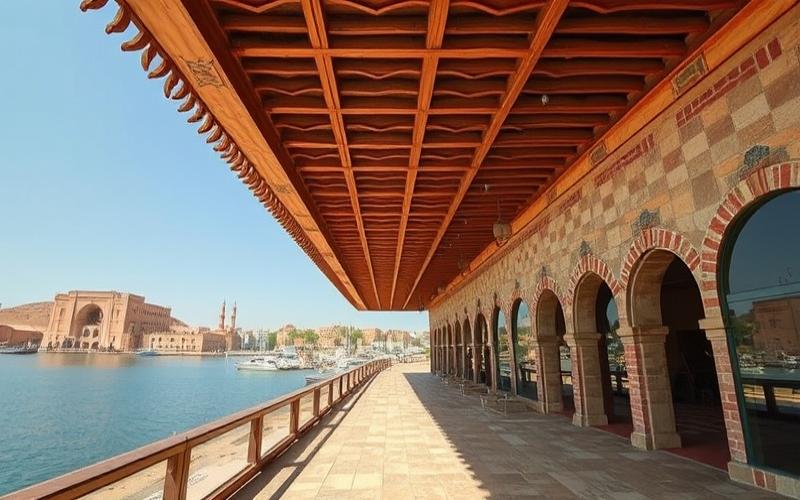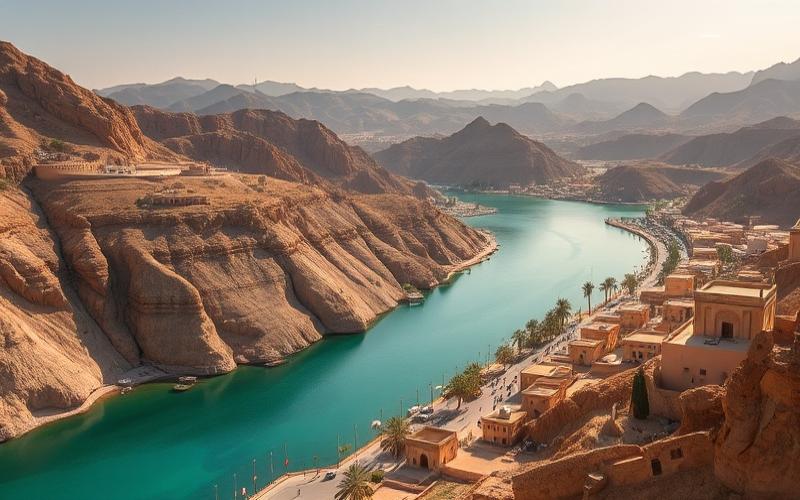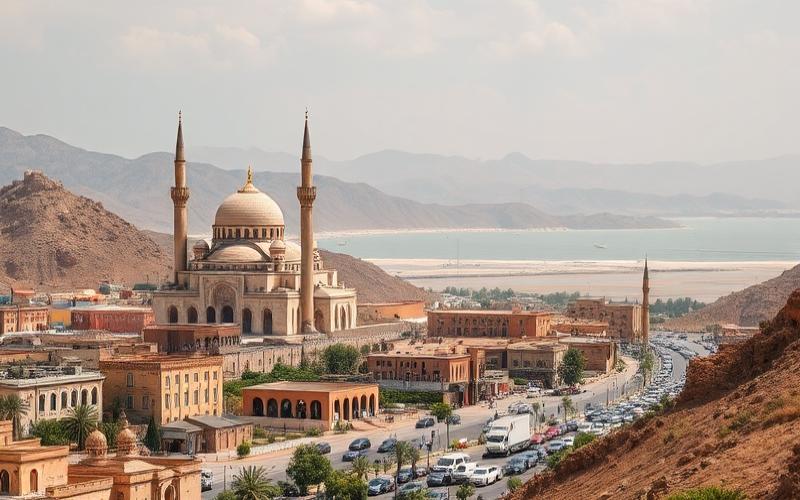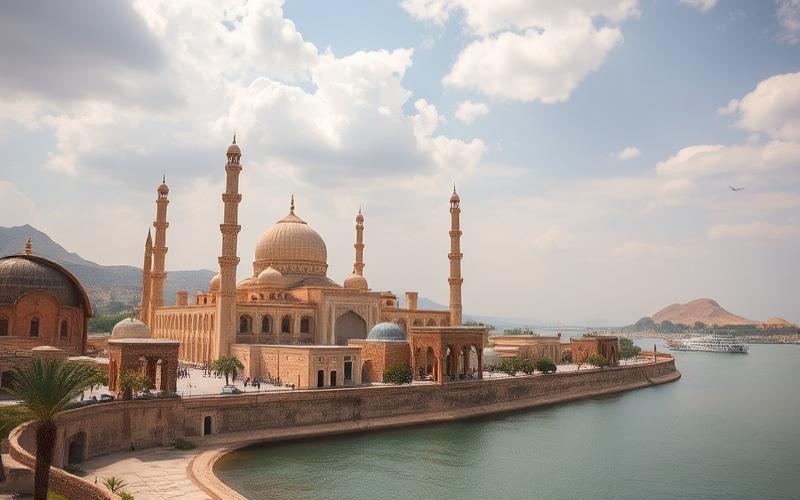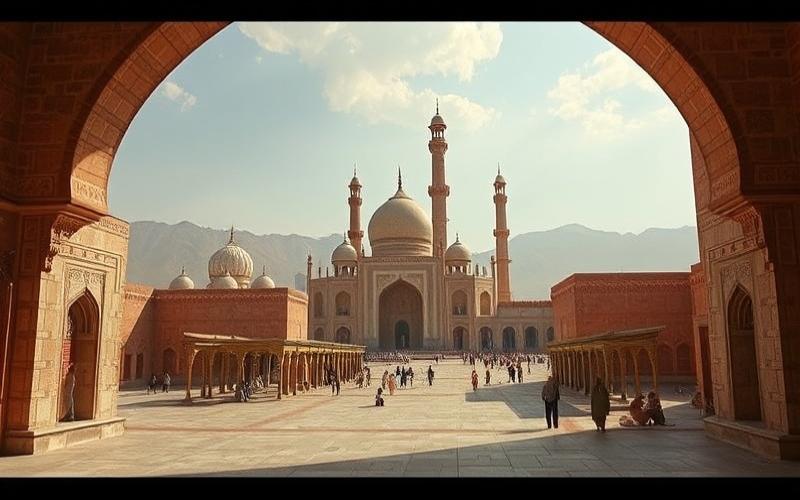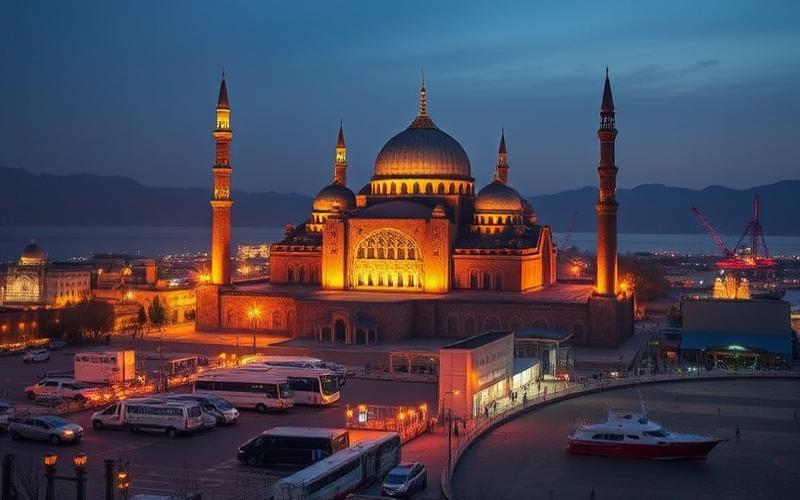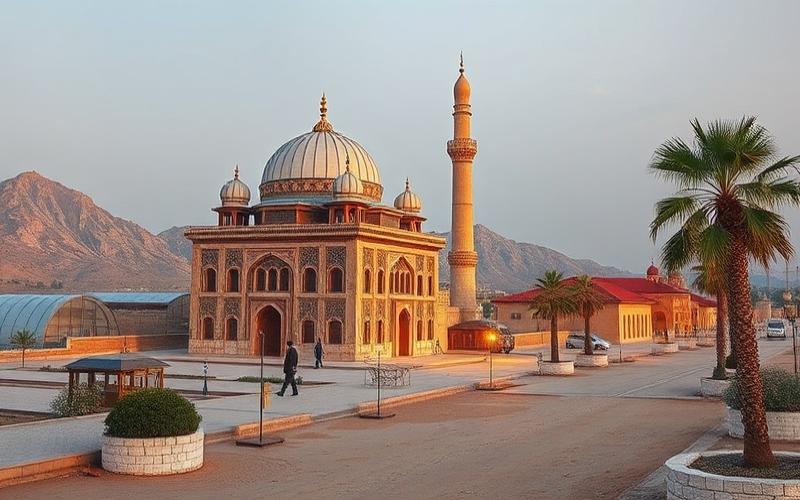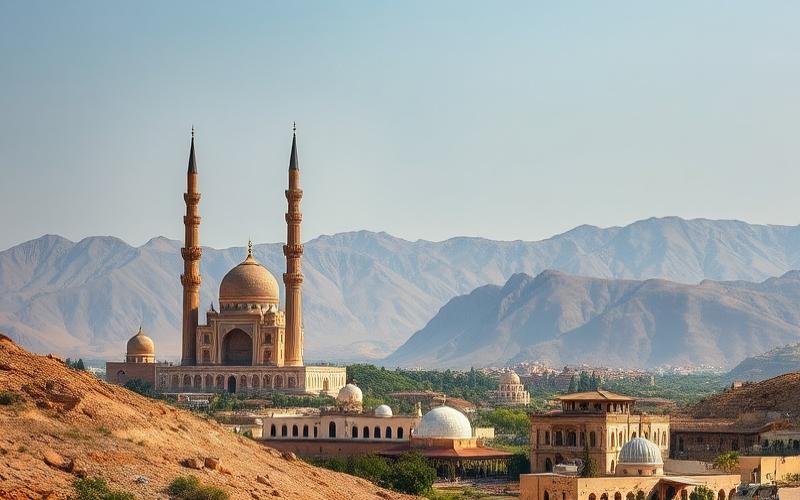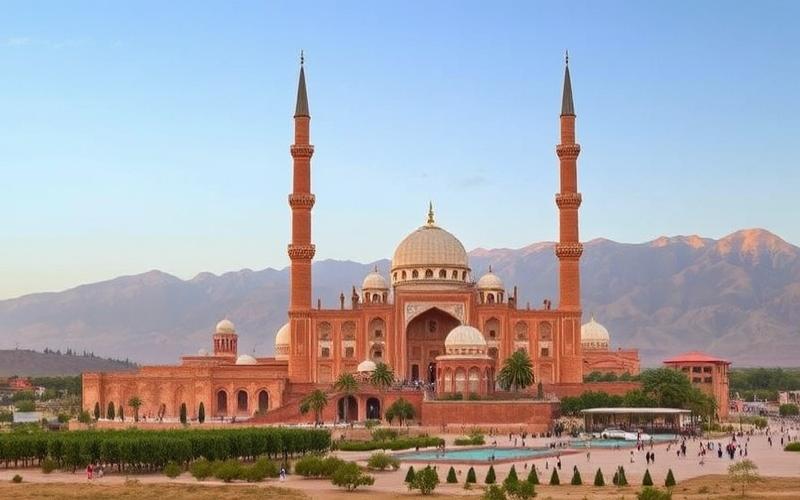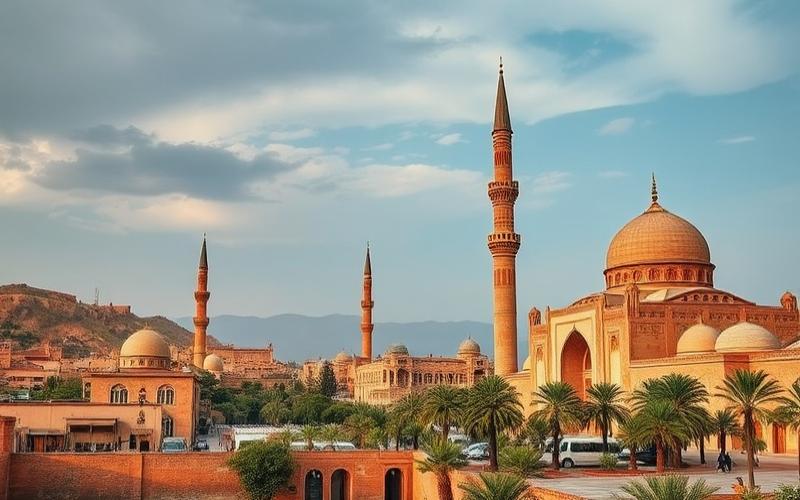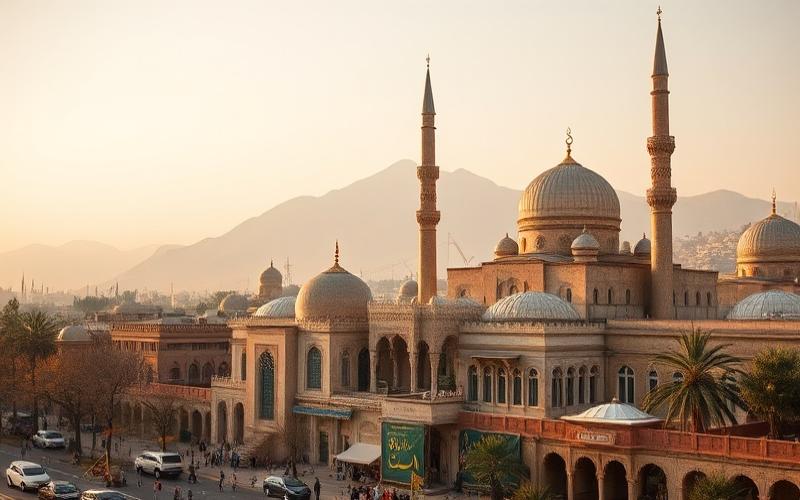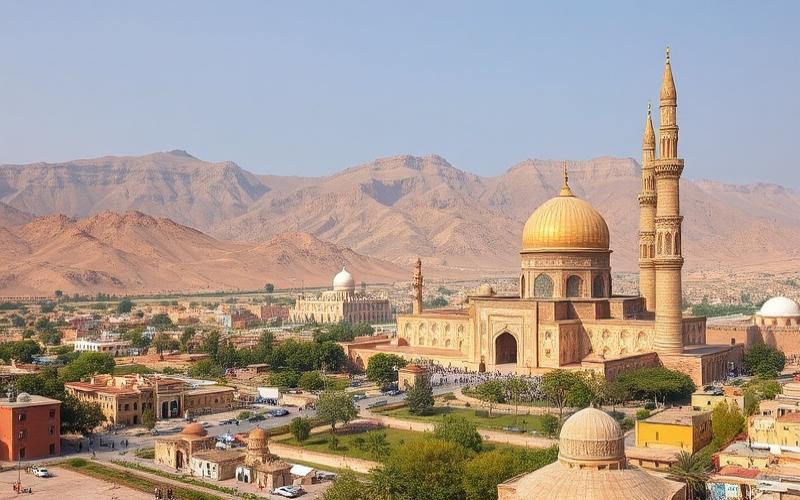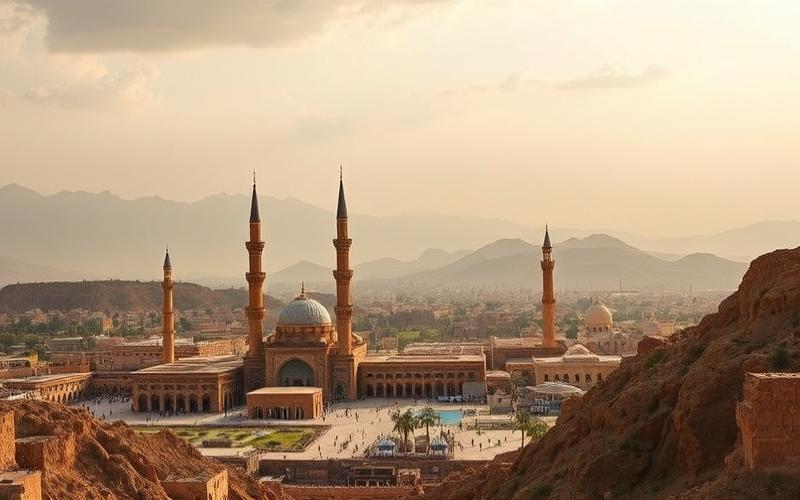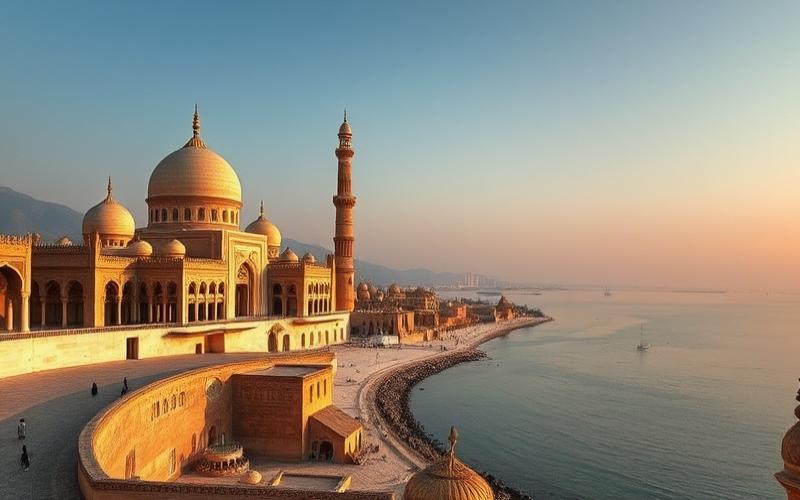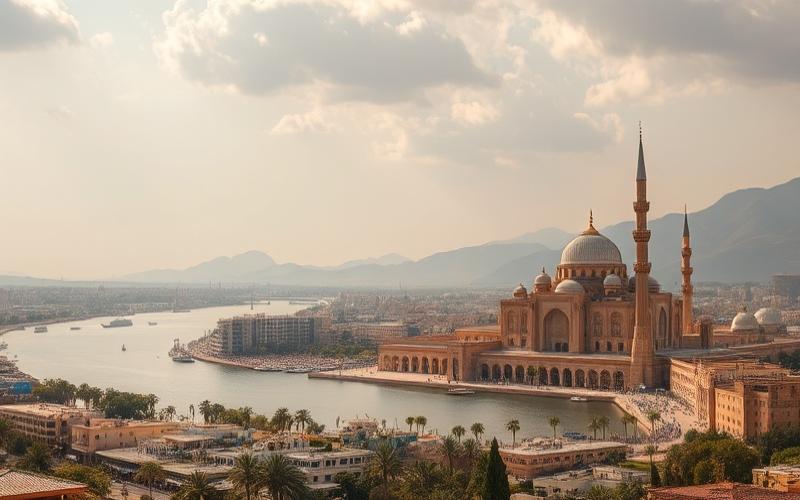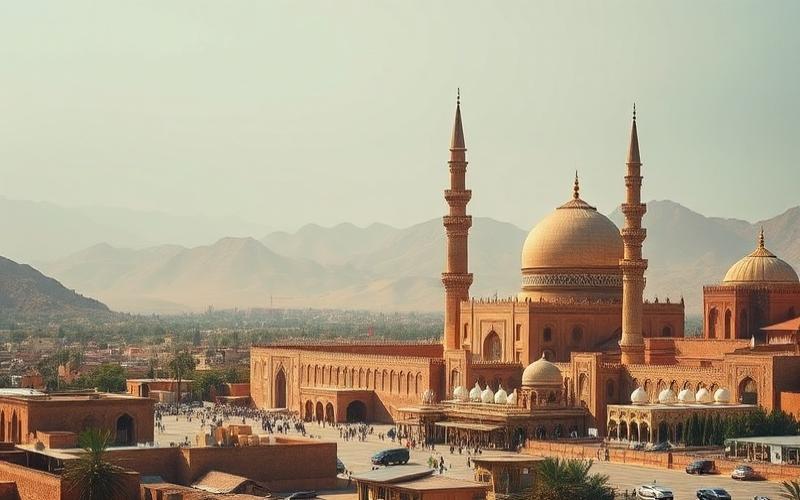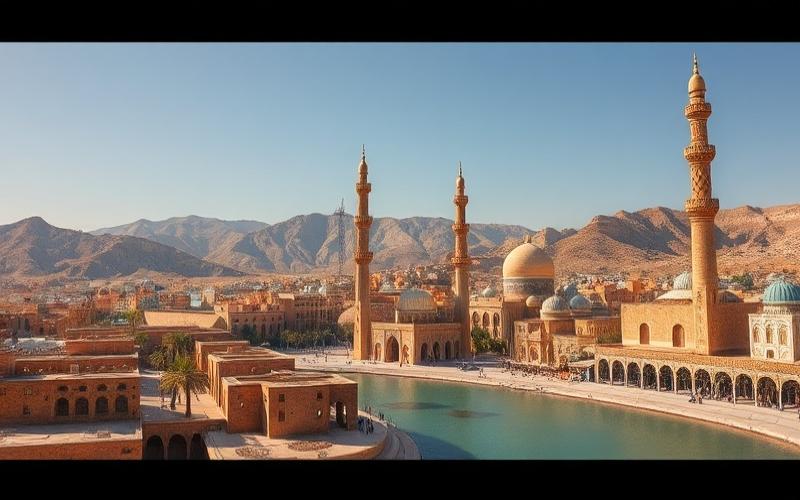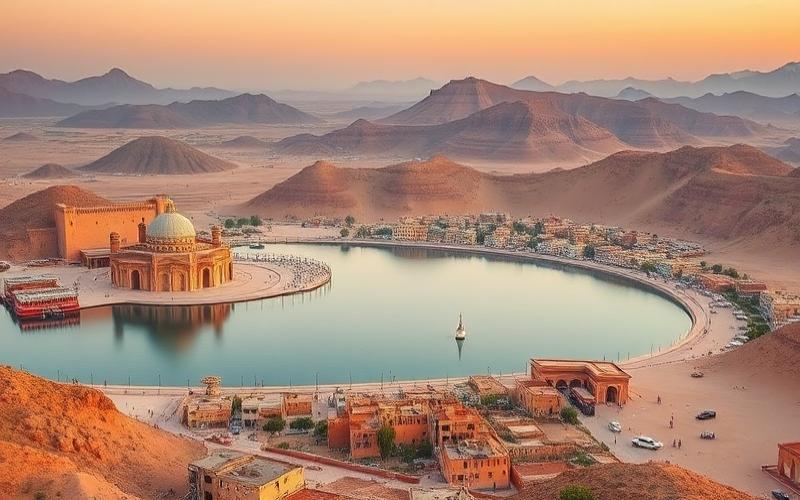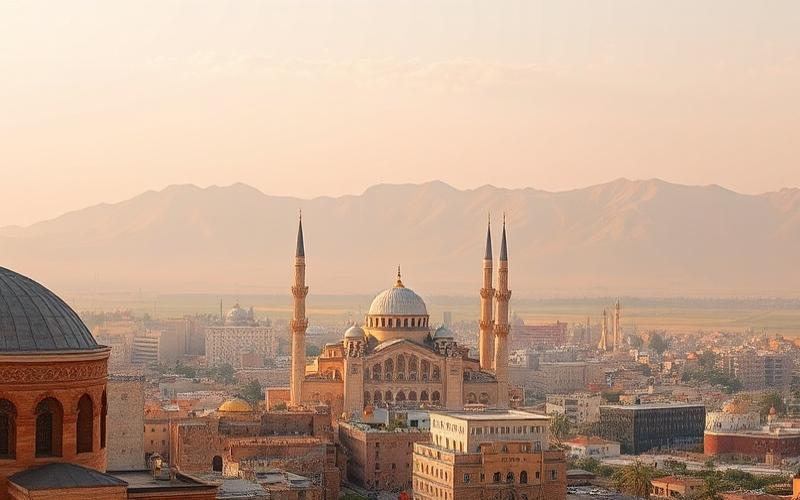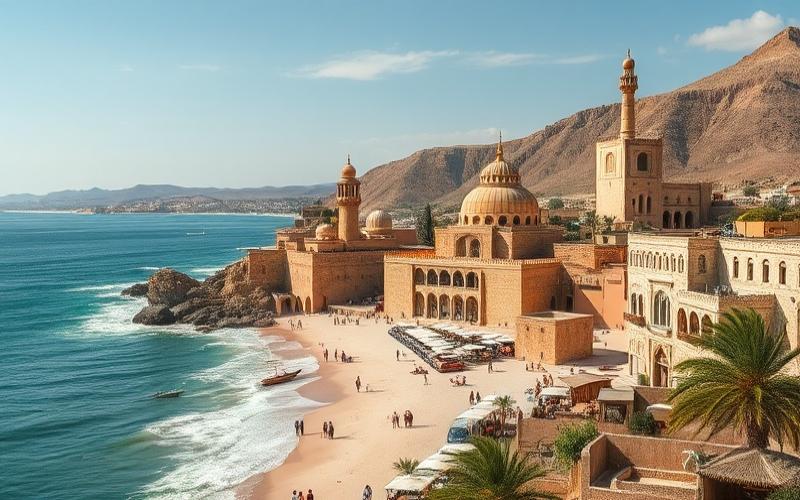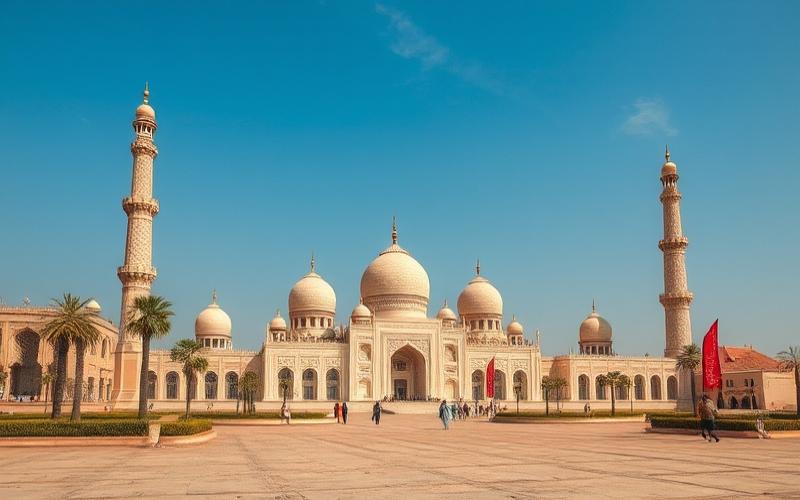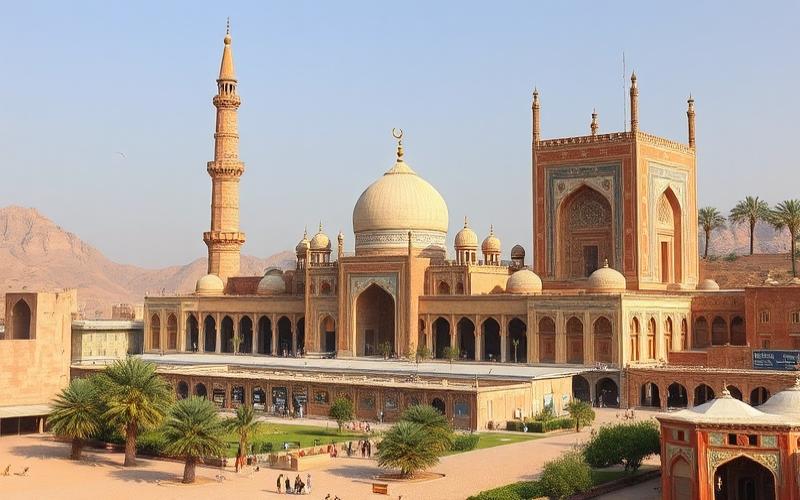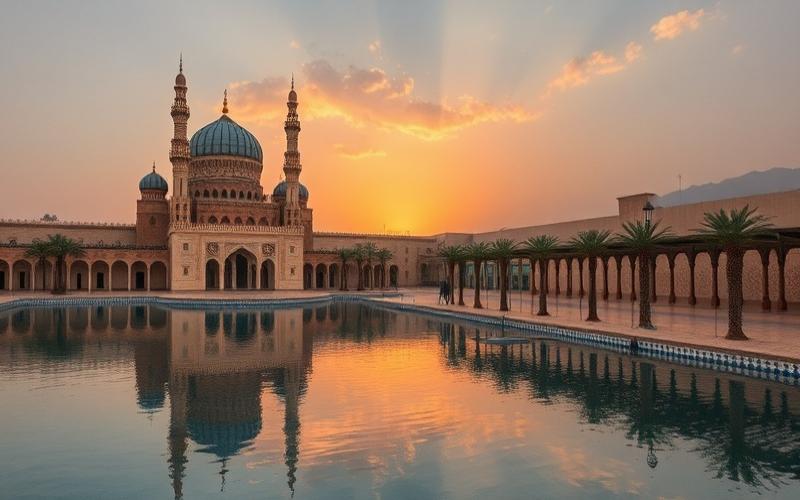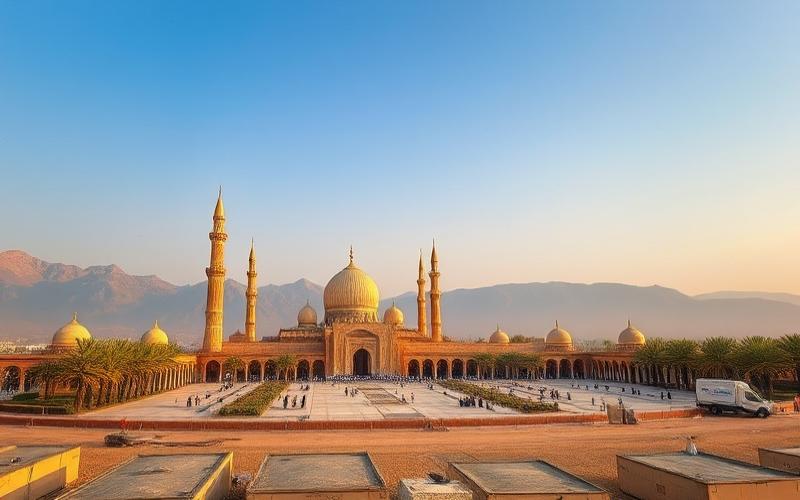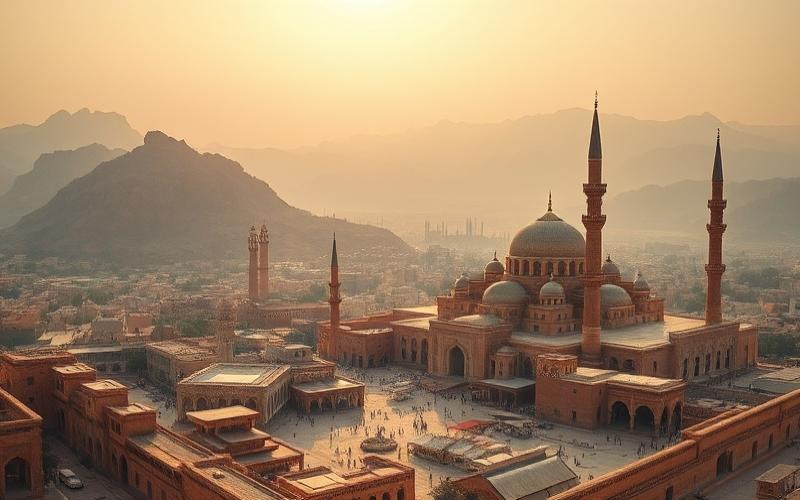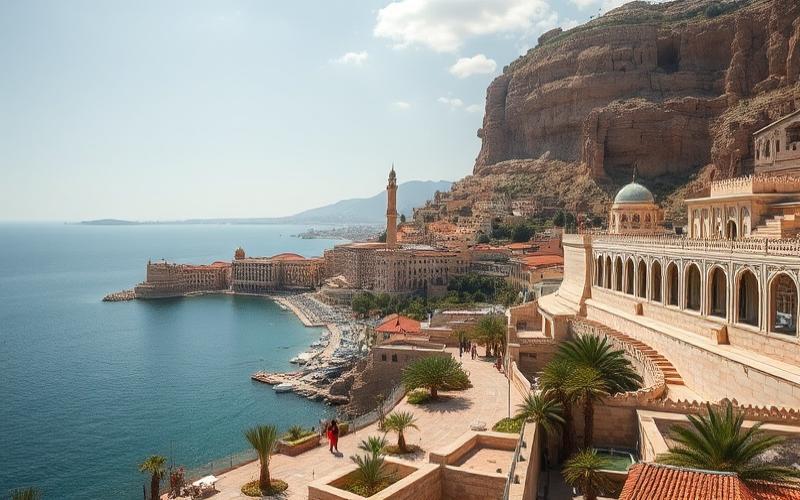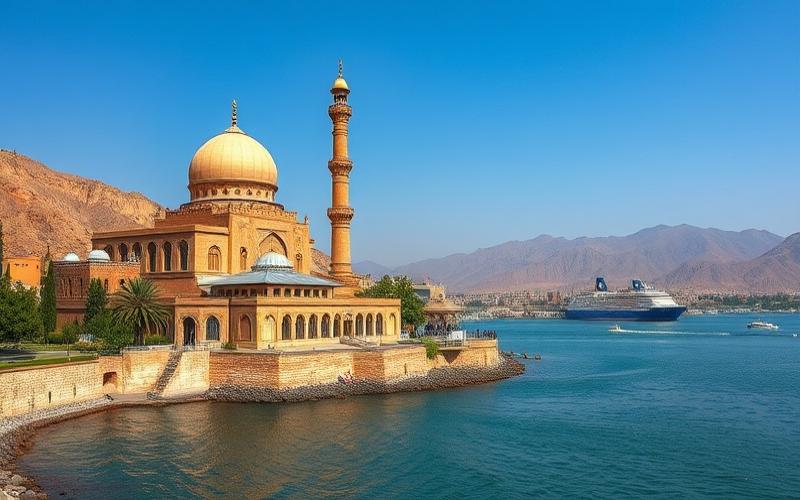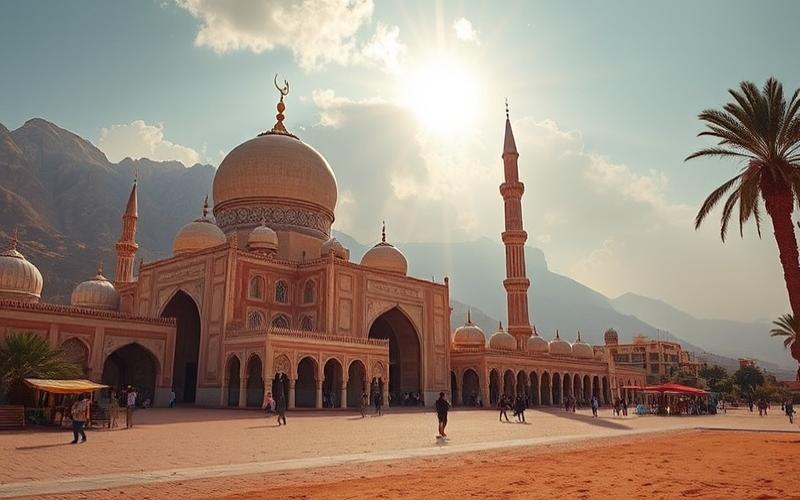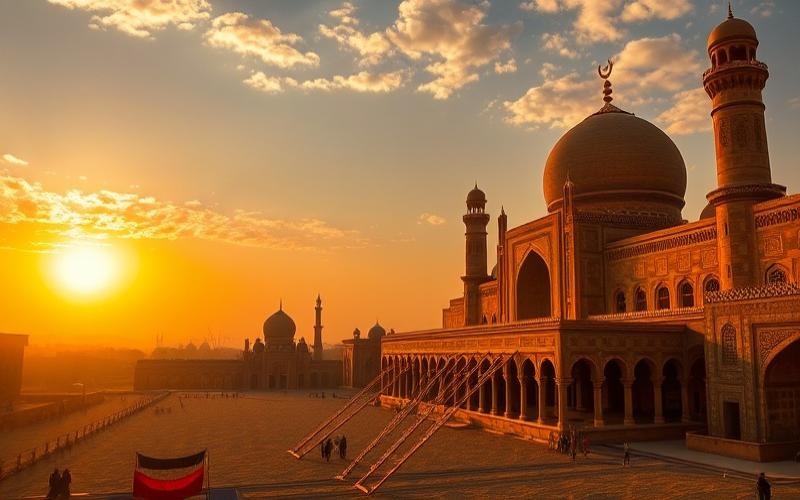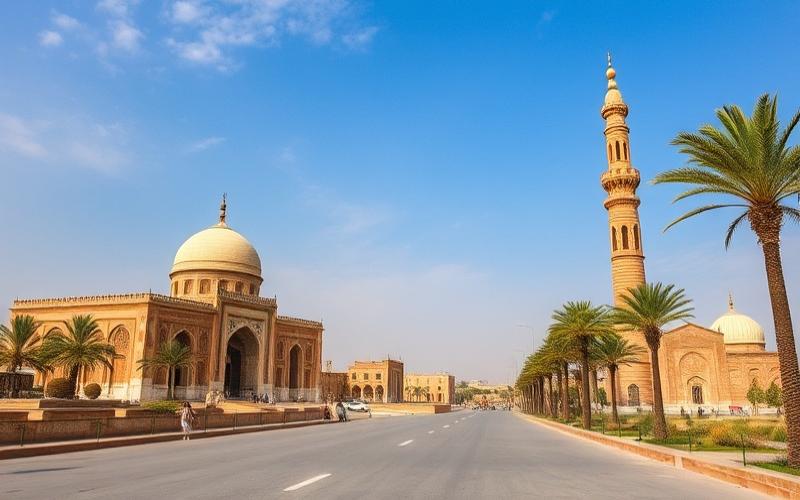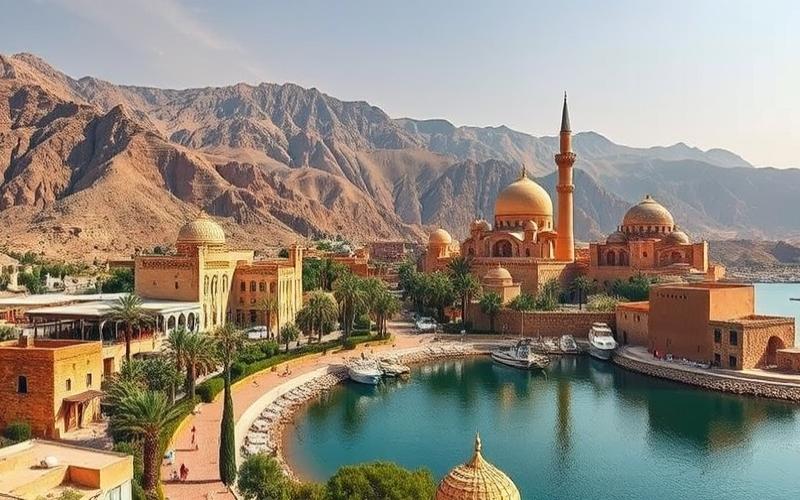
 Published on and written by Cyril Jarnias
Published on and written by Cyril Jarnias
In an evolving country like Bahrain, obtaining a building permit aligns with rigorous regulations that continuously adapt to current economic and environmental needs. This process, crucial for anyone considering construction in this strategically located region of the Persian Gulf, requires a thorough understanding of existing legislation.
The article reveals how to effectively navigate these administrative procedures, highlighting the key steps and potential challenges that investors and real estate developers might encounter.
Introduction to Building Permits in Bahrain
Bahrain’s construction sector operates within a historical context marked by rapid modernization since the 1970s, initially driven by oil growth and later diversified through ambitious economic policies. In recent decades, the country has emphasized sustainable urban development and attracting foreign investment to support its population growth and economic expansion.
Building permits play a central role in this process, as they legally regulate all new construction or major renovations. They ensure that projects comply with the country’s urban planning, environmental, and technical standards, essential conditions for:
- Managing urban sprawl.
- Preventing building safety risks.
- Supporting environmental sustainability.
- Attracting structured investments.
Main Government Agencies Involved:
| Agency | Main Role |
|---|---|
| Ministry of Works and Housing | General supervision, development of construction standards |
| Economic Development Board (EDB) | Investment promotion, administrative facilitation for strategic projects |
| Local Municipalities | Technical review and operational issuance of permits |
| Sustainable Energy Unit (SEU) | Integration of energy efficiency requirements |
Major Objectives of Current Regulations:
- Ensure public safety through strict adherence to building codes.
- Promote planned urban development according to national priorities.
- Advance ecological sustainability with progressive integration of energy efficiency standards since 2010 (green buildings).
- Simplify and expedite certain processes to stimulate major investments through initiatives like the “Golden License,” which offers priority access to administrative services for large job-creating projects or those generating over $50 million USD in investment.
Common Challenges Faced by Applicants:
- Complex administrative procedures often requiring multiple inter-departmental validations
- Sometimes lengthy delays in actual permit acquisition
- Varying or evolving interpretation of technical requirements across municipalities
Recent Modernization/Simplification Efforts:
- Launch of the “Golden License” in 2023 with dedicated one-stop service for major investors
- Progressive digitalization of application filing and administrative tracking
- Tax incentives/financial relief to encourage sustainable construction practices
- Continuous strengthening of public/private dialogue to adjust regulations to actual market needs
The constant evolution toward more efficient administration thus reflects Bahrain’s commitment to combining international economic attractiveness, local urban quality, and environmental performance.
Good to Know:
Building permits in Bahrain, essential for economic expansion and urban development, are issued by agencies like the Ministry of Works and Housing under regulations aimed at ensuring safe and efficient construction; despite administrative challenges, modernization efforts are underway to simplify the process.
Types of Required Authorizations for Construction Projects
Types of Required Authorizations for Construction Projects in Bahrain:
- Standard Building Permit: Essential for any new construction, modification, or renovation.
- Environmental Permits: Required for projects likely to impact the environment or located near protected areas.
- Specific Approvals for Critical Infrastructure: Needed for projects affecting essential facilities (water networks, electricity, telecommunications, etc.).
- Cultural or Heritage Authorization: Mandatory for plots identified by the Bahrain Authority for Culture and Antiquities (BACA).
- No-objection certificates (NOC): Certificates issued by various entities (see table below) to ensure project compliance with sector-specific requirements.
Main Agencies and Authorities Responsible for Issuing Approvals
| Type of Authorization | Agency/Responsible Authority |
|---|---|
| Building Permit | Municipalities, Urban Planning & Development Authority |
| Industrial Permits | Ministry of Industry, Commerce & Tourism (MOICT), IAOD |
| Environmental Permits | Supreme Council for Environment |
| Heritage Authorization | Bahrain Authority of Culture and Antiquities (BACA) |
| Utility Connections | Sanitary Engineering Planning & Projects Directorate, Water Distribution Directorate, Electricity & Water Authority |
| Aviation Authorization | Civil Aviation Affairs |
Process and Conditions for Obtaining Main Authorizations
- Standard Building Permit
- Engage a licensed engineering firm to prepare plans and technical documents.
- Review of plans by a second independent engineering firm.
- Online submission of the file via the Benayat portal.
- Review by relevant authorities (urban planning, utilities, aviation if height > 30 m).
- Payment of required fees.
- Immediate electronic issuance after payment.
- Environmental Permits
- Submission of an environmental impact assessment.
- Analysis by the Supreme Council for Environment.
- Obtain environmental NOC before applying for building permit.
- Authorization for Critical Infrastructure
- Detailed technical file (network plans, equipment, safety).
- Validation by relevant ministries and sector agencies.
- Compliance with specific standards based on infrastructure nature.
- Heritage Authorization (BACA)
- Pre-approval required for identified plots.
- Typical timeframe: 10 business days.
Typical Timeframes for Obtaining Authorizations
| Project Type | Average Processing Time |
|---|---|
| Residential | 4 to 8 weeks |
| Commercial | 8 to 12 weeks |
| Industrial | 12 to 16 weeks |
| Heritage Plots (BACA) | 10 business days for pre-approval |
Generally Required Documents
- Architectural and engineering plans
- Land ownership certificate
- Environmental impact assessment (if required)
- NOC from relevant authorities
- Construction schedule
- Detailed utility plans (water, electricity, sanitation)
- Written agreement on work phasing (for industrial areas)
Penalties and Fines for Non-Compliance
- Administrative fines for work without permits or outside authorized scope.
- Immediate work site suspension.
- Requirement to demolish or bring non-compliant structures into compliance.
- Legal prosecution for serious offenses (environmental damage, public safety risks, or heritage violations).
Key Takeaways
It is essential to prepare a complete file that complies with the requirements of different agencies, otherwise risking significant delays, fines, or even project shutdown. Working with experienced professionals well-informed about local regulations is highly recommended to secure authorization approvals.
Good to Know:
For construction projects in Bahrain, it’s crucial to obtain a standard building permit through the Ministry of Works and Urban Planning, as well as environmental approvals from the Supreme Council for Environment, with processing times typically ranging between 30 and 60 days; fines for non-compliance can reach 10,000 dinars.
Urban Planning Regulations in Bahrain for Expatriates
Overview of Urban Planning Laws in Bahrain and Application to Expatriates
Urban planning laws in Bahrain impose a strict framework for real estate development, particularly for expatriates. Only certain designated neighborhoods, such as Juffair, Amwaj Islands, Seef, and Durrat Al Bahrain, are open to full foreign ownership. Outside these areas, expatriates can generally only lease properties, for a maximum duration of 99 years.
Types of Properties Accessible to Expatriates
| Property Type | Authorized Areas for Expatriates | Acquisition Methods |
| Apartment, villa, land | Juffair, Amwaj Islands, Seef, Durrat Al Bahrain | Full ownership |
| Property outside designated areas | Outside designated neighborhoods | Long-term lease (max 99 years) |
| Property in protected zone | Ecologically and heritage sensitive areas | Special authorization required |
Procedures for Obtaining a Building Permit as an Expatriate
- Feasibility Study: Initial assessment of costs and regulatory constraints.
- Submission of Construction Plans: Detailed plans to be filed with competent authorities, complying with technical and environmental standards.
- Property Registration: Mandatory registration with the Survey and Land Registration Bureau (SLRB).
- Obtaining Building Permit: Official authorization issued after file review.
- Compliance with Local Standards: Mandatory conformity with urban planning, zoning, and environmental regulations.
Specific Development and Zoning Restrictions
- Expatriates can only build in areas explicitly open to foreign ownership.
- Projects in protected zones are subject to enhanced environmental standards (eco-friendly materials, impact studies, local consultations).
- Restrictions on building height, construction density, and land use may apply, depending on the neighborhood and project nature.
Local Authorities Responsible for Approval
| Authority | Main Role |
| Survey and Land Registration Bureau | Registration of land transactions |
| Local Municipality | Issuance of building permits, zoning control |
| Ministry of Works, Municipalities and Urban Planning | Supervision of construction standards and major projects |
| Environmental Authorities | Validation of impact studies and ecological compliance |
Legal and Tax Implications for Expatriates
- Mandatory Regulatory Compliance: Any violation may result in fines, penalties, or property confiscation.
- Taxes and Fees: Registration fees, municipal taxes, and sometimes specific environmental taxes depending on project type.
- Incentives: Possibility to benefit from subsidies for eco-construction (up to 50% of costs for certain green equipment).
Recent Changes Affecting Expatriates
- Strengthening of the Bahrain Green Building Code imposing strict energy efficiency and eco-construction criteria.
- Implementation of Law No. 7 of 2022 on the environment, with increased requirements for projects in sensitive areas.
- Development of new neighborhoods open to foreign investment, but with enhanced control over construction quality and sustainability.
Practical Tips for Successful Process
- Thorough Research on areas and restrictions before any project.
- Consultation with a Specialized Lawyer in Bahraini real estate law to avoid procedural errors.
- Preparation of Complete Documentation (sales contract, plans, proof of ownership, environmental impact assessments).
- Anticipate Timeframes: Procedures can be lengthy, especially in protected areas.
- Budgeting Additional Costs: Account for lawyer, notary, registration, and technical study fees.
- Use of a Local Agency to assist with administrative procedures and facilitate communication with authorities.
Key Takeaways:
For any acquisition or construction, expatriates must ensure full compliance with local laws, obtain all required authorizations, and seek legal advice to secure their project and avoid any risk of penalties.
Good to Know:
Expatriates in Bahrain can acquire properties in designated areas like Reef Island and Durrat Al Bahrain, subject to local urban regulations, while the Municipal Council and Urban Development Regulatory Authority oversee project approvals. To succeed in this process, it’s advisable to consult a local lawyer to navigate potential zoning restrictions and stay informed about recent law amendments.
Disclaimer: The information provided on this website is for informational purposes only and does not constitute financial, legal, or professional advice. We encourage you to consult qualified experts before making any investment, real estate, or expatriation decisions. Although we strive to maintain up-to-date and accurate information, we do not guarantee the completeness, accuracy, or timeliness of the proposed content. As investment and expatriation involve risks, we disclaim any liability for potential losses or damages arising from the use of this site. Your use of this site confirms your acceptance of these terms and your understanding of the associated risks.

